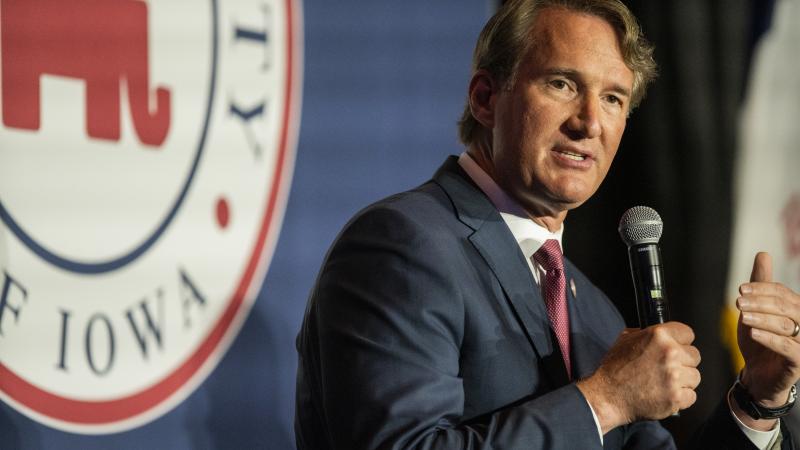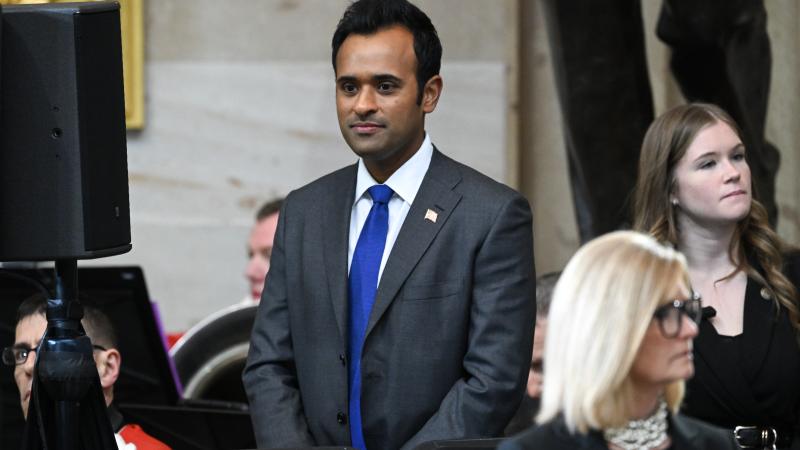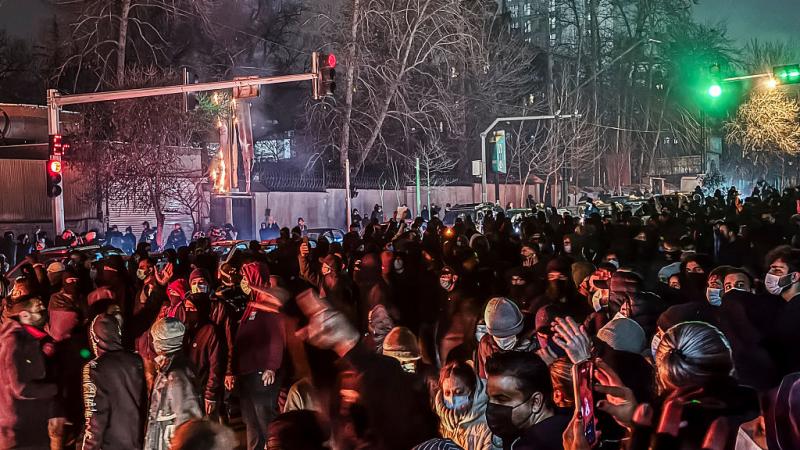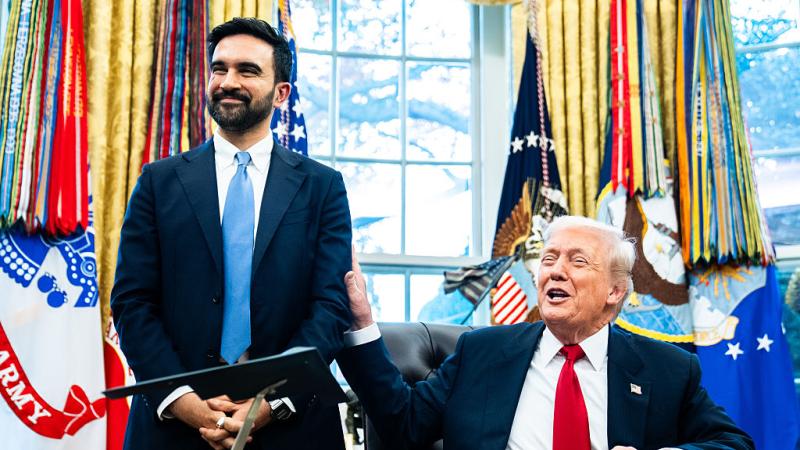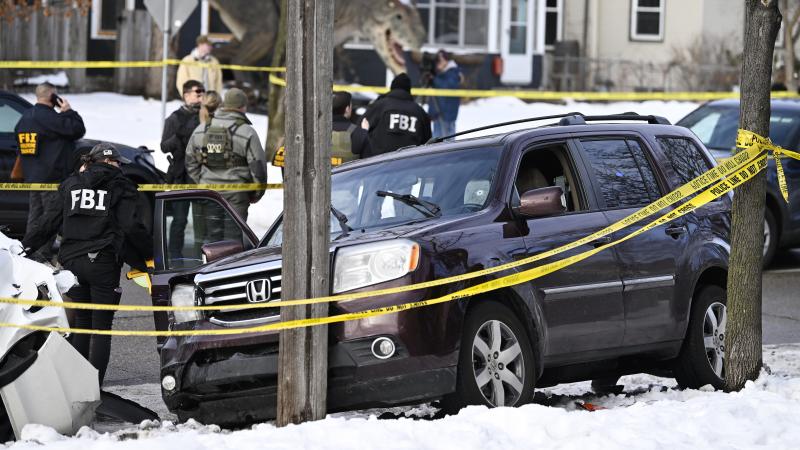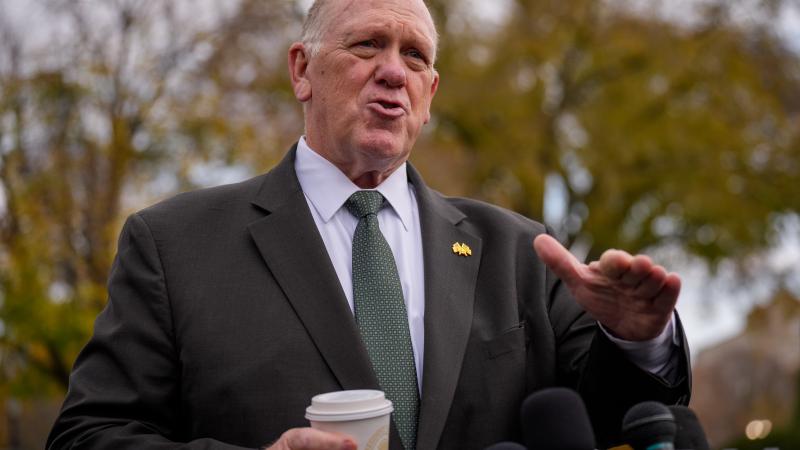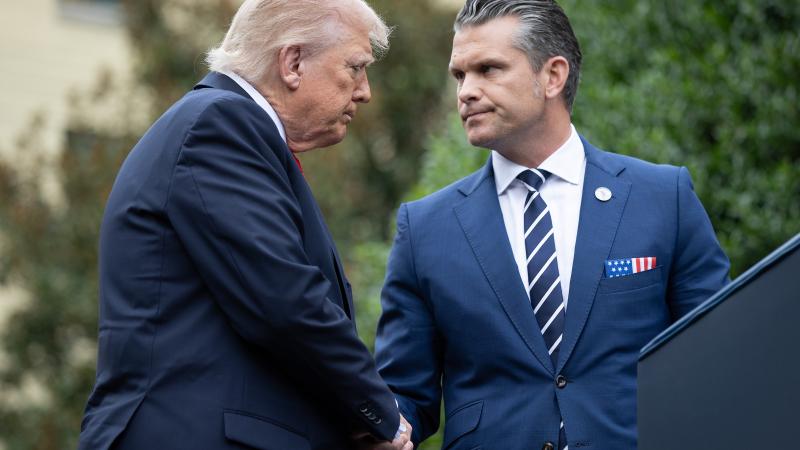Blue blowback: More than 100 police agencies bow out of DNC convention over crowd rules
Most agencies are pulling out citing Milwaukee's new ban on the use of tear gas and pepper spray by police
More than 100 police agencies are now backing out of agreements to send officers to next Month's Democratic National Convention, in Milwaukee. Among the given reasons is that officers are concerned about a recent order by local authorities halting the use tear gas to control unruly crowds.
Last week, the Milwaukee police chief was order to justify his department's usage of tear gas during protests in late May and early June spurred by the death of George Floyd in Minneapolis. A citizen oversight commission has now ordered the Milwaukee police department to ban the use of tear gas and pepper spray. Police Chief Alfonso Morales reportedly could lose his position, should he fail to meet that requirement.
Since the order went into effect, Morales says that more than 100 law enforcement agencies from in-state and across the country have opted against coming to Milwaukee for the convention. The initial plan for the convention included having 1,000 officers on hand to assist with security measures. Morales now says the city is considering asking for assistance from the federal government and/or mobilizing the National Guard.
The DNC convention has been significantly scaled back due to the ongoing coronavirus pandemic. When it is held, on August 17-20, only about 300 people will be expected to attend in-person. The majority of speeches will be delivered virtually, though former party presidential nominee Joe Biden will be there live to accept the nomination.
Police Chief William Lamb, of Fond du Lac, Wisconsin, sent a letter to the Milwaukee police department in early July, addressing his organization's concerns about the tear gas and pepper spray ban.
Robert Fletcher, the Deputy Chief of the West Allis, Wisconsin police department sent a similar letter weeks earlier.
“Our concern is that in the event protests turn non-peaceful, such a policy would remove tools from officers that may otherwise be legal and justifiable to utilize in specific situations,” Fletcher told the Milwaukee Journal Sentinel.

